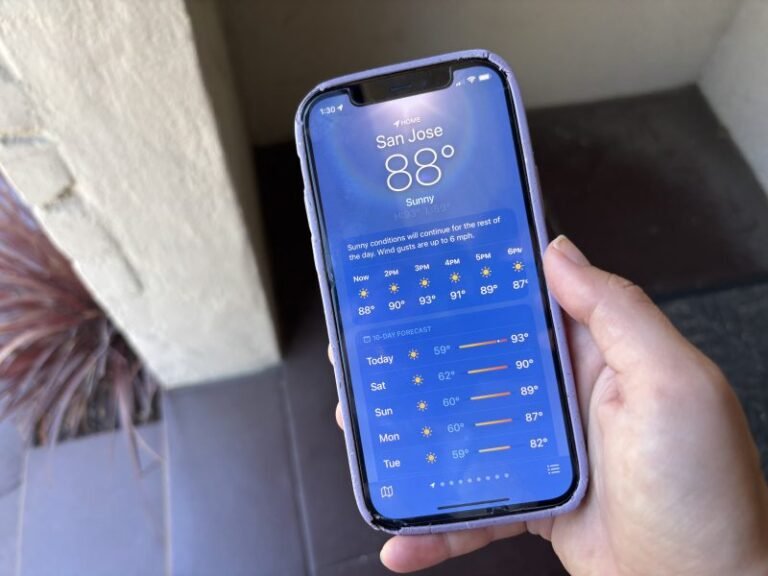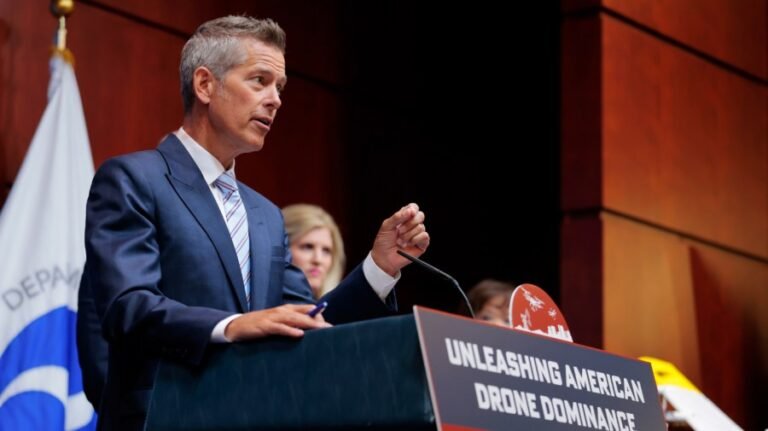
The Trump administration is considering deporting a new class of people, and their identity might surprise you: American citizens.
In a White House appearance with Salvadoran President Nayib Bukele on Monday, President Trump mused about sending Americans to El Salvador’s prisons.
“If it’s a homegrown criminal, I have no problem, no,” Trump said. “I’m talking about violent people. I’m talking about really bad people.” The president encouraged Bukele to build more prisons for the people he described as “homegrowns.”
“These would be heinous, violent criminals who have broken our nation’s laws repeatedly,” White House Press Secretary Karoline Leavitt explained at a recent press briefing, saying that the administration was “not sure” if it was legal.
The president said he loves the idea of sending U.S. citizens to El Salvador. “I would only do according to the law,” Trump said. “But I have suggested that, you know, ‘Why should it stop just at people who cross the border illegally?’ We have some horrible criminals, American-grown and born.”
To be clear, there is no legal pathway for any president to deport native-born U.S. citizens. Sending Americans to El Salvador would be illegal under existing U.S. and international law. Such a move would not only be unconstitutional, it could amount to an improper overreach by the executive branch into the judicial system.
When the president said last week that he would “love” to send imprisoned Americans to El Salvador, he added, “I don’t know what the law says on that, but I can’t imagine the law would say anything different.”
In fact, U.S. law does say something different.
One statute says that any person in the custody of the Bureau of Prisons must be able to be transported to court. This would probably not be possible if a person were in El Salvador, where the government is currently maintaining that it cannot bring back a migrant wrongfully deported there.
Another law states that incarcerated people can only be transferred out of the U.S. to the country where they are a citizen, which would rule out Americans being sent to El Salvador. The U.S. is also a signatory to the Convention Against Torture, which forbids sending people to a country where they could be at risk for torture.
Then there’s the matter of the Constitution. Sending Americans to El Salvador would likely run afoul of the Eighth Amendment’s prohibition of “cruel and unusual punishments.”
Consider that El Salvador’s mega-prison, where the administration has already sent some migrants, is notorious for its inhumane conditions. Prisoners are not permitted any visits, recreation, or education. They are never allowed outdoors, with up to 80 people jammed in a single cell.
Between 2022 and 2024, there were at least 261 documented prisoner deaths, according to one human rights group. In a 2023 report, the U.S. government itself described the “harsh and life-threatening conditions” in El Salvador’s prisons.
No American citizen deserves to be placed in such a brutal environment. And imagine the hardship this would impose on the families of incarcerated Americans, were their loved ones to be banished to a foreign country.
Most importantly, sending citizens to a distant locale for imprisonment goes against our fundamental values of justice and due process. In our democracy, all people, including convicted criminals, are guaranteed basic civil and human rights.
True, the government can denaturalize foreign-born citizens under certain circumstances. If a person commits fraud on their green card application or is found to be a member of a terrorist organization, the government can strip their citizenship away, putting them at risk of deportation.
But the administration is entertaining the idea of exiling native-born citizens. This is a wholly different scenario, one for which the president cannot devise any emergency exception or special authority.
Nor is such exile a potential punishment to be taken lightly. Yet the president has suggested on social media that people should be sent to El Salvador’s prisons for vandalizing Teslas.
Three Supreme Court justices actually just addressed the idea of deporting citizens, in a note to an opinion about Kilmar Abrego Garcia, the migrant deported in error to El Salvador.
Justice Sonia Sotomayor wrote that the administration’s position “implies that it could deport and incarcerate any person, including U.S. citizens, without legal consequence, so long as it does so before a court can intervene. That view refutes itself.”
These justices were cautioning the administration against attempting to deport people, including citizens, without permission from the high court. If the president were to unilaterally intervene with our criminal justice system, it would be a violation of our separation of powers.
It is wrong for the Trump administration to even consider outsourcing our prison population to another country. Sending Americans to El Salvador would be a violation of the law and human rights — and a radical, indefensible act.
Raul A. Reyes is an attorney and commentator.


